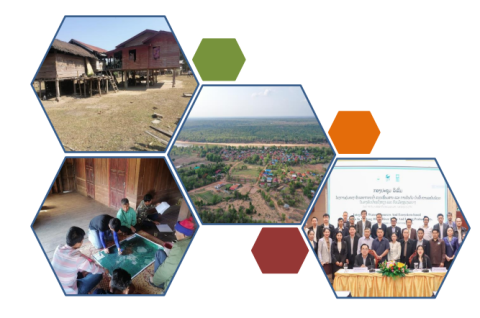
Mid-Term Evaluation Report of UNDP
This report provides an in-depth evaluation of the Integrated Water Resource Management and Ecosystem-based Adaptation (EbA) project focusing on the Xe Bang Hieng river basin and Luang Prabang city in Lao People's Democratic Republic (PDR). The document serves as a comprehensive midpoint assessment, detailing the progress achieved thus far against the project’s stated objectives, methodologies, and intended outcomes.
The report is structured to first outline the purpose and objectives of the mid-term review (MTR) process, emphasizing its importance in ensuring the project remains on track and adaptable to emerging challenges. It discusses the scope of the evaluation, which includes a thorough analysis of the project's framework, stakeholder involvement, and the overarching impacts on sustainable development in the region. Key sections of the report cover project progress summaries, with specific attention given to the MTR ratings assessing various elements such as efficiency, effectiveness, and the quality of deliverables. It highlights achievements to date, including contributions to local livelihoods, environmental sustainability, and enhanced water resource management practices.
Furthermore, the report provides actionable recommendations aimed at optimizing project implementation and stakeholder engagement. Drawing from robust evidence and stakeholder feedback, the recommendations target areas for improvement and outline strategic steps that can be undertaken to bolster the project's overall effectiveness. Additionally, the report delves into the significance of integrating ecosystem-based adaptation strategies into water management practices, underscoring the potential for these approaches to generate substantial global environmental benefits. By examining both the successes and challenges faced during the project's lifespan, this evaluation aims to foster a clearer understanding of how the project contributes to enduring environmental and societal resilience.
This report ultimately represents a critical tool for project stakeholders, policymakers, and community members, providing an insightful overview of the current state of the project and its future trajectory.
